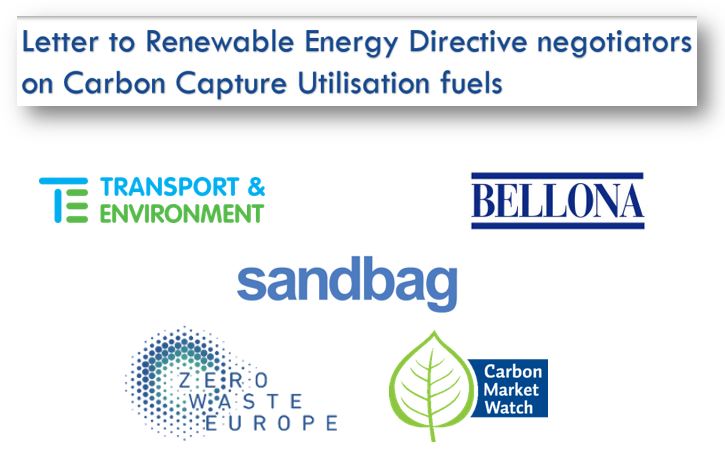
Working to discern patterns of environmental disinformation in an online world
r the past eight years, disinformation has dominated news around elections all over the world. Despite this, it is still a widely misunderstood concept—as are its solutions. As divisiveness drives more and more political rhetoric in today’s world, we must throw out preconceptions about what disinformation looks like to protect ourselves against manipulation.




